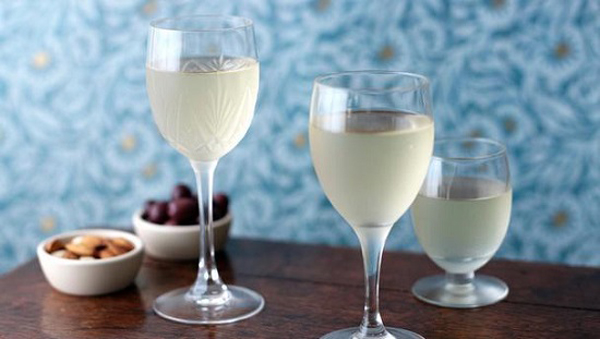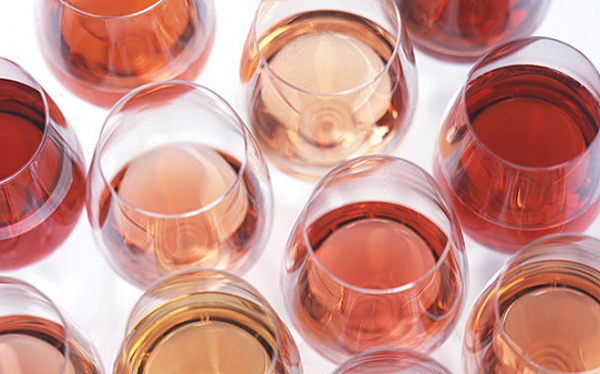Let’s take Sauvignon Blanc and Chardonnay for example. Both have the same colour and citrusy notes, but that’s the end of the similarities. If you analyze individual characteristics of both these white wines, you will see that they are indeed different. There are many factors that influence the aroma, texture and flavour, among which the origin (climate and geographical location) is most influential one. Knowing what it is that makes these two wines distinctive will ease your next purchasing decision – should you buy Chardonnay wine or Sauvignon Blanc.

Sauvignon Blanc
Sauvignon Blanc is regarded as ‘the best-defined’ white wine. But this is not why many like to drink it. The fact that it is loaded with herbal notes of bell pepper, thyme and gooseberry appeals to many, especially vegetarians. But not all Sauvignon Blanc wines are of the same taste. Only the ones grown in cooler climates feature these characteristics. The ones produced in warmer climates burst with flavours of peach, kiwi and passion fruit. Totally different flavours, right. And unlike Chardonnay, the flavour and aroma of Sauvignon Blanc are not influenced by oak barrels, regardless how long left to age.
Sauvignon Blanc, although a dry wine, is very drinkable, which is why it pairs well with almost any food, but is a terrific match to different vegetarian dishes. The herbal flavours perfectly complement the taste of, let’s say risotto with asparagus, or tacos with salsa sauce, pasta salads, roasted vegetables, etc.
Chardonnay
Chardonnay on the other hand, is known as ‘the greatest dry white wine grape’. But when compared to Sauvignon Blanc, Chardonnay is richer and heavier in taste. Although dry, this wine features greater mouthwatering acidity than the light-bodied Sauvignon Blanc.You can recognize Chardonnay even if you are blindfolded. Just one sniff is enough to recognize this grape variety. Chardonnay wines from warmer climates have less acidity but feature strong flavours of apple, lemon and pineapple. Cool climate Chardonnay wines release crispier flavours of green apple, lemon and lime. Thus, read labels and wine details to ensure you buy Chardonnay wine that meets both your taste and food preferences.
When it comes to food, Chardonnay wines go with almost any food. You can pair it with light and heavy dishes, but the most common pairings are cream based soups, shellfish, soft cheeses, chicken with cream sauce and other creamy dishes.
Now that you know the differences between these two wines, determine which characteristics appeal more to you and buy Chardonnay wine or Sauvignon Blanc.




















